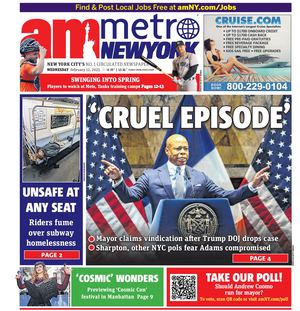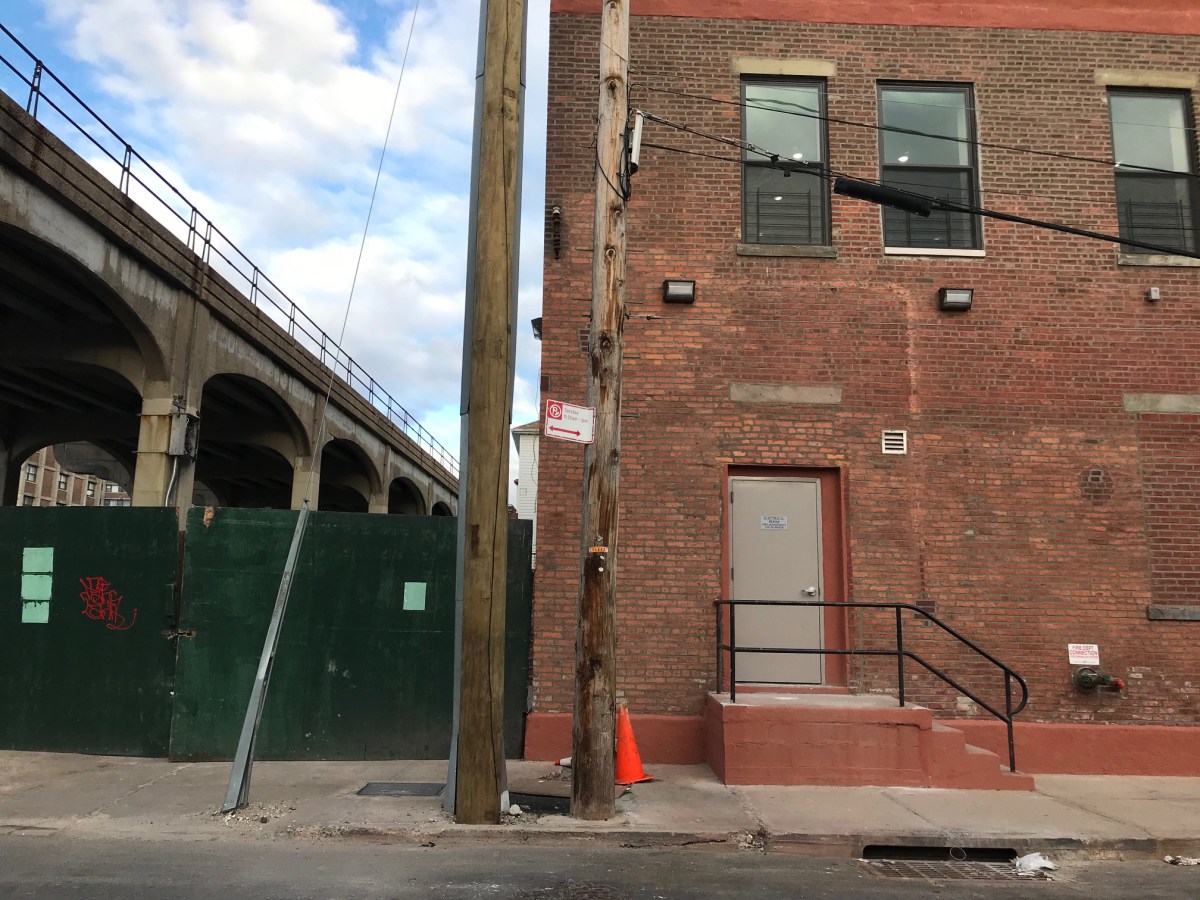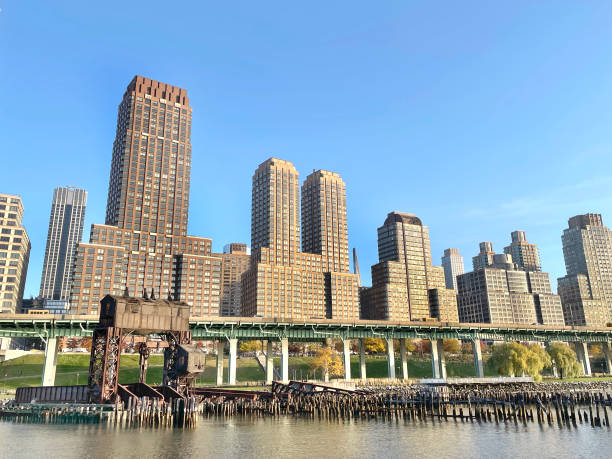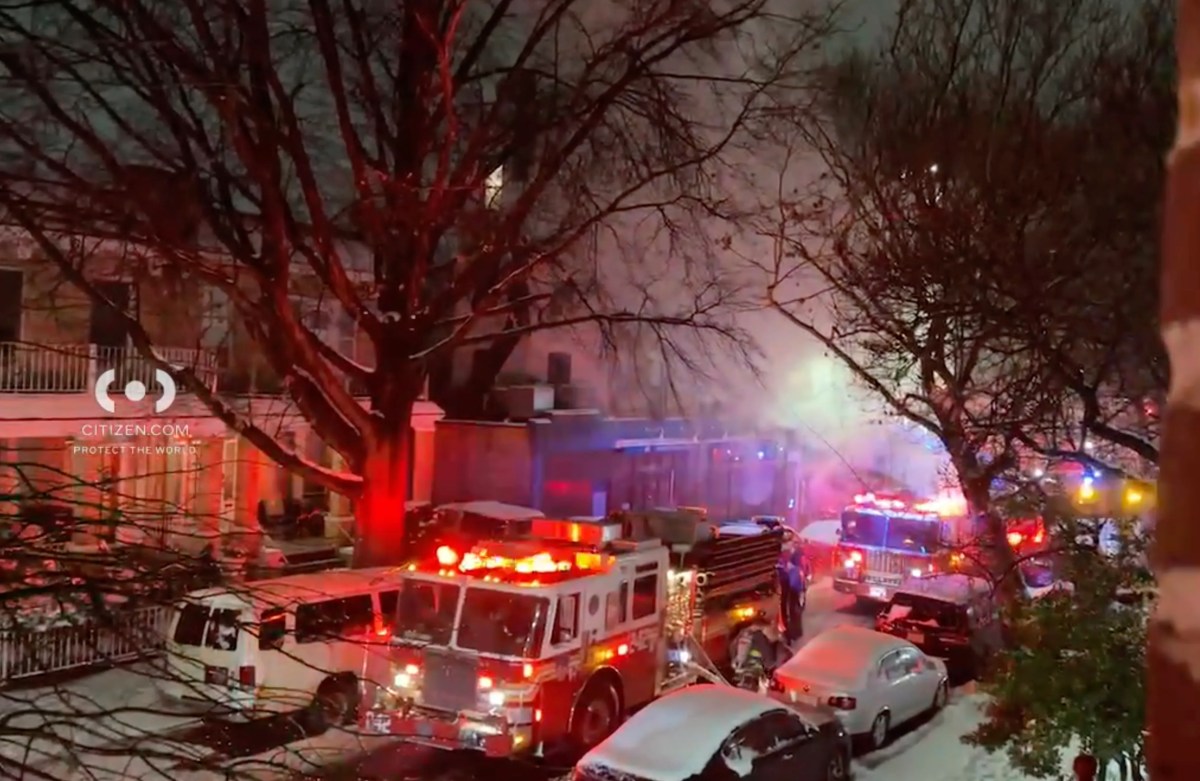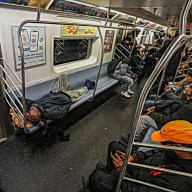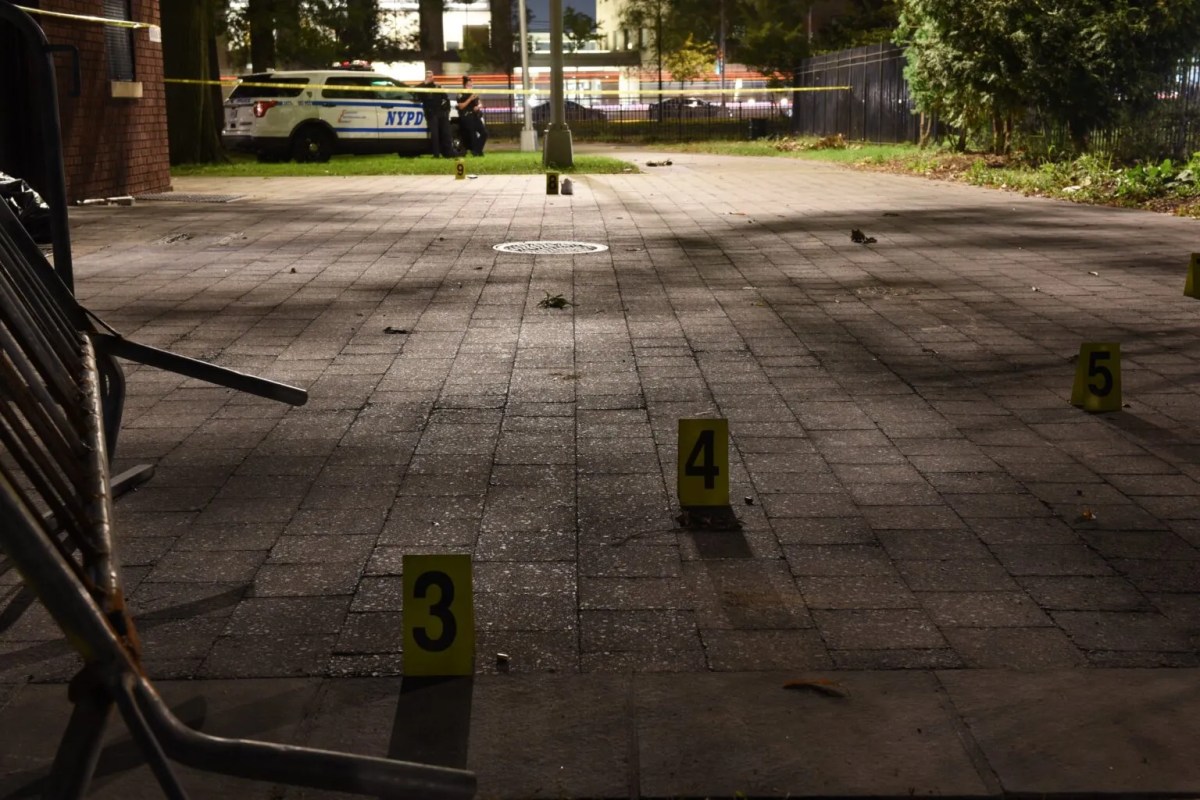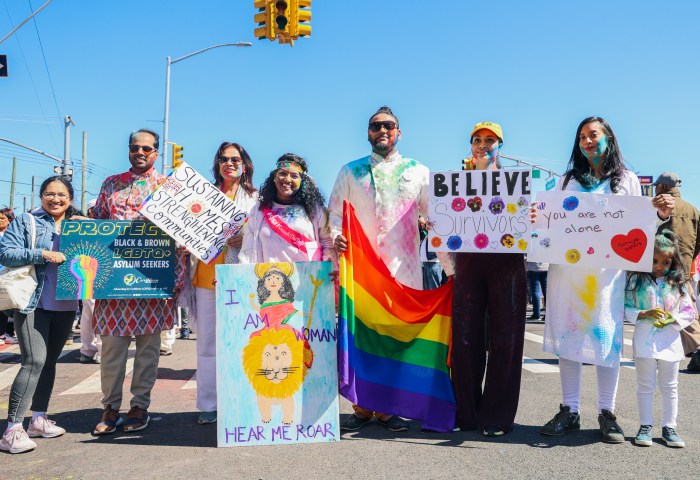All of the men who had been staying at a controversial homeless shelter in Rockaway Park were relocated to a commercial hotel Friday amid the COVID-19 pandemic.
The Department of Social Services (DSS) confirmed that the men had been moved from the shelter, located at 226 Beach 101st St., as part of an ongoing effort to keep shelter residents safe during the pandemic.
“At DSS, we’re continuing to implement tiered strategies and proactive initiatives to combat COVID-19, protect the New Yorkers who we serve, and ensure anyone who needs it is connected immediately to care or to isolation — and the use of commercial hotels is central to this work,” a spokesperson for DSS said. “Through these efforts, our essential staff have been able to help nearly 800 New Yorkers effectively isolate, resolve their conditions, and depart isolation.”
The spokesperson said that DSS is targeting single adult shelters with congregate settings across the city — including the Beach 101st St. location — for strategic transfers to more effectively help these New Yorkers isolate and increase social distancing.
According to DSS, there have been approximately 9,000 adult individuals who are part of the shelter system that are now residing in commercial hotel locations. That total is expected to reach 10,000 this weekend, a DSS spokesperson said.
“Every day, we’re redoubling our efforts and evolving with this situation to ensure we’re supporting our clients in all that we do––and we continue to explore new strategies and policy responses as this situation unfolds,” the spokesperson said.
The Beach 101st Street shelter had been the subject of temporary restraining order handed down in January by the state Supreme Court.
Attorney Mike Scala, representing the community, was opposed by city lawyers representing DHS and counsel for the service provider at Queens Supreme Court in Jamaica.
As part of the lawsuit, Scala had raised multiple legal issues during the proceedings including that DHS’ environmental review was improper and that the 108-bed shelter would constitute a residence for the mentally disabled in violation of state law which has a cap of 48 individuals. He argued there was evidence of financial impropriety with the not-for-profit service provider.
While the temporary restraining order was put into effect in January — which delayed the opening of the shelter — community members complained that the city had bypassed lawful procedure by moving people into the facility in March before a contract was registered, Scala said.
Then, the COVID-19 pandemic hit, which effectively shut down the court system with the litigation ongoing and enabled the city to operate the shelter, according to Scala.
“We took the city to court and we won on more than one occasion,” said Scala. “The city continued to take the law into their own hands. We have been beyond frustrated by this administration’s failure to pursue sensible homelessness policies and refusal to respect the rules meant to protect everyone, and we’ve fought them every step of the way.”
Torey Schnupp, the lead petitioner in the lawsuit against the city and activist behind the group Rockaway Solutions Not Shelters, called on the city to “provide permanent, responsible and low density affordable housing, along with supportive services, to suit the unique needs of the homeless population.”
“The practice of warehousing human beings has had grave consequences and has now forced homeless back into hotels, the very places the city was trying to phase out,” Schnupp said. “Our goal is to prevent any more people from being warehoused at this location.”
